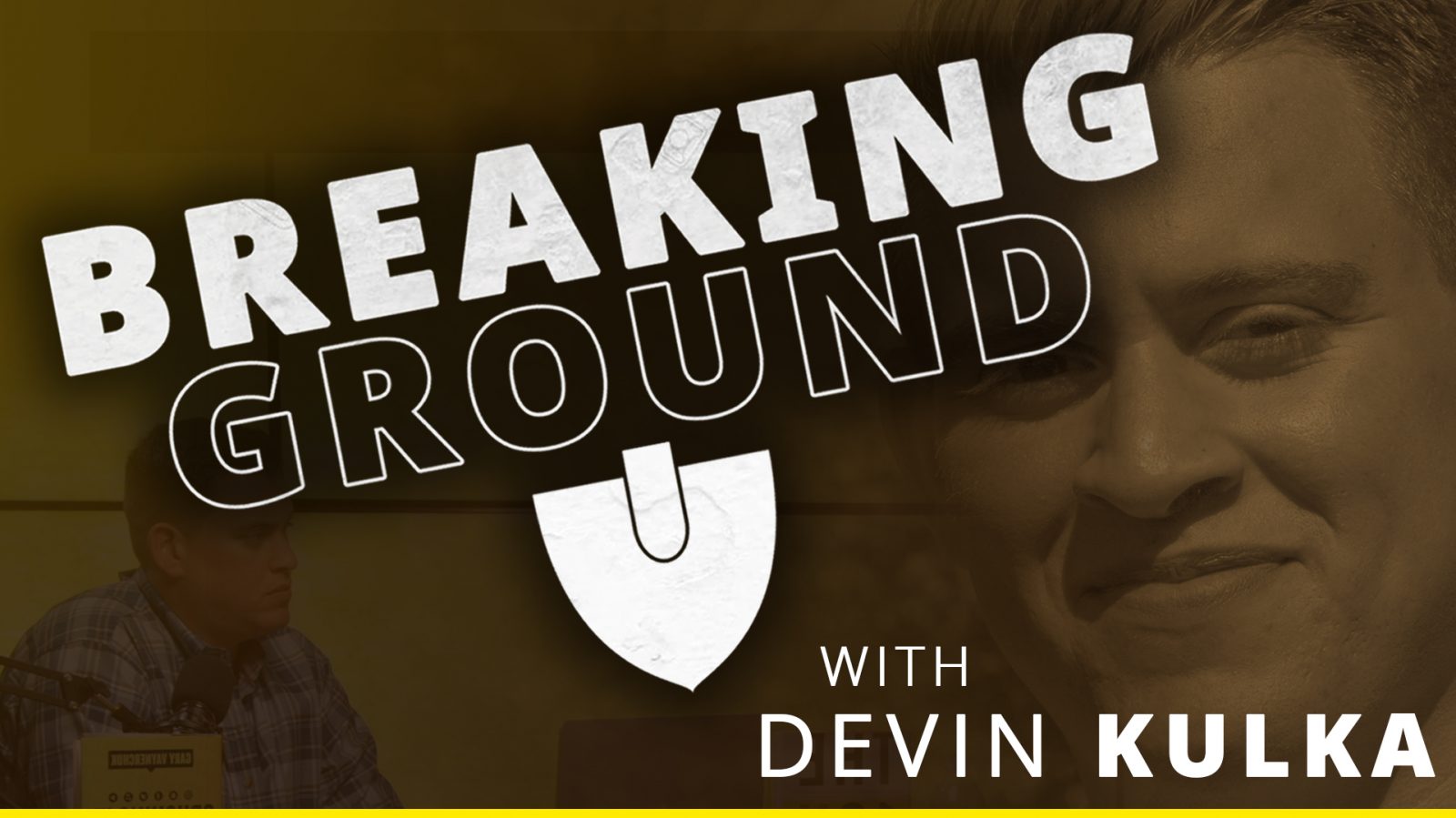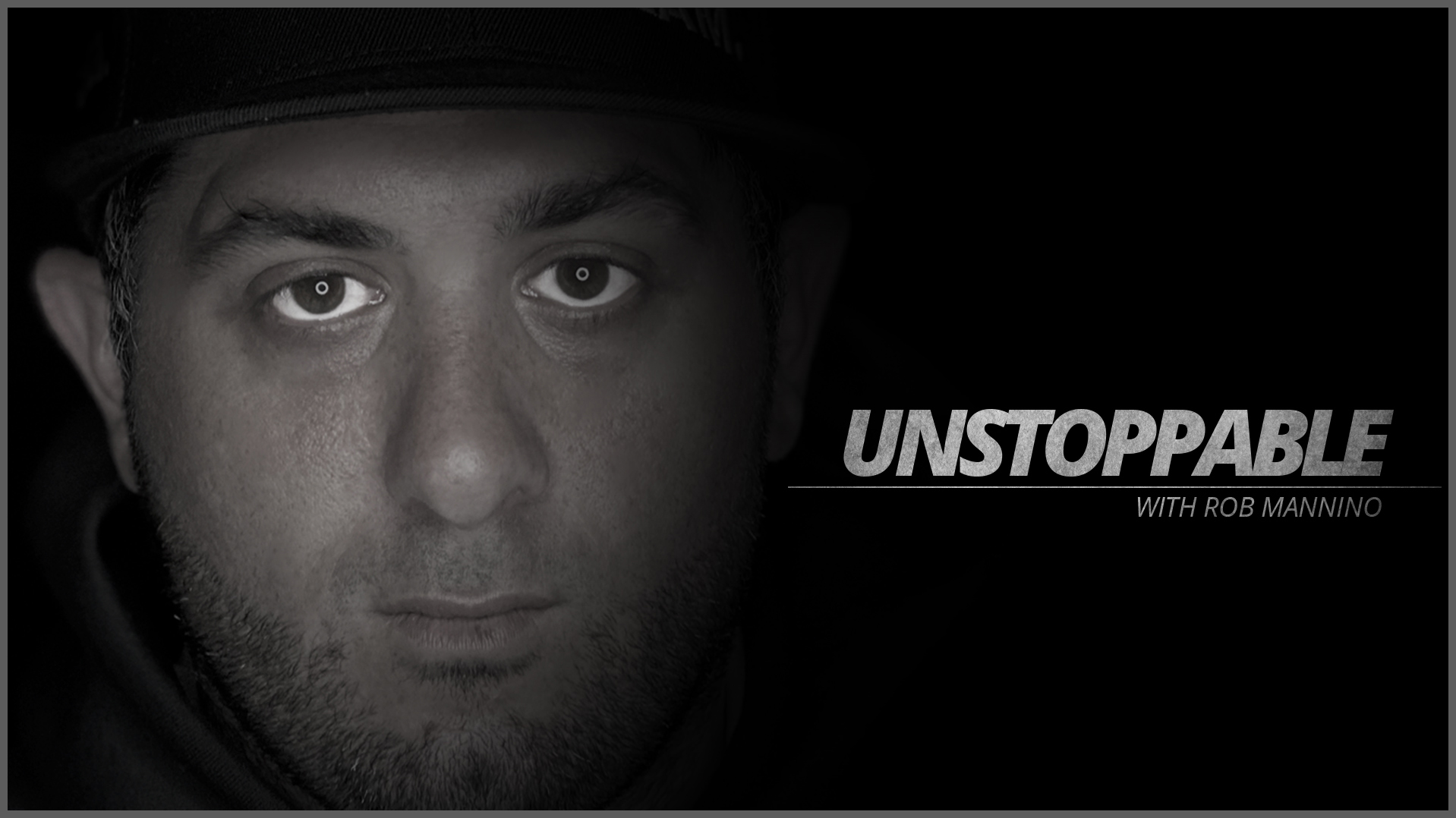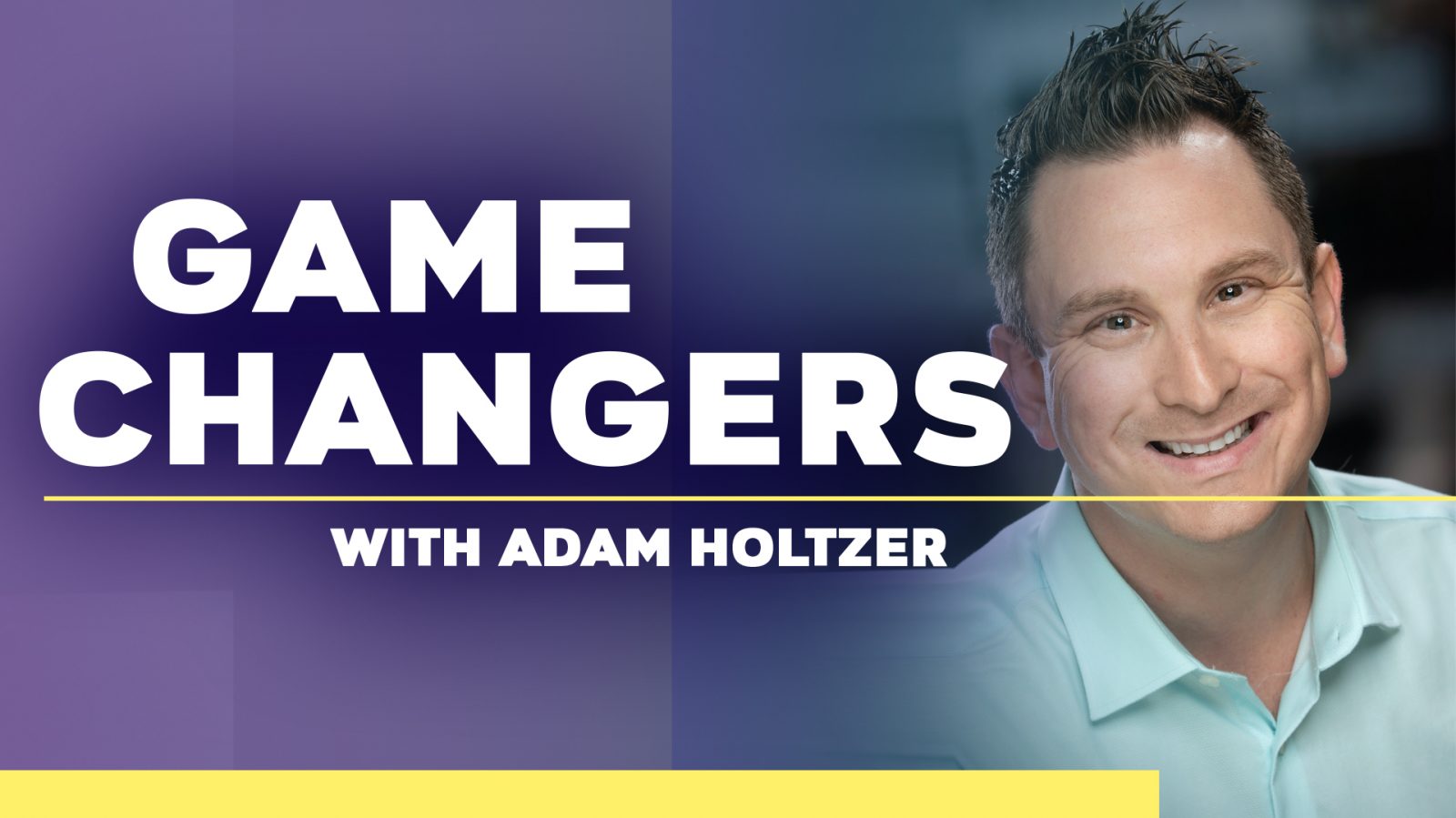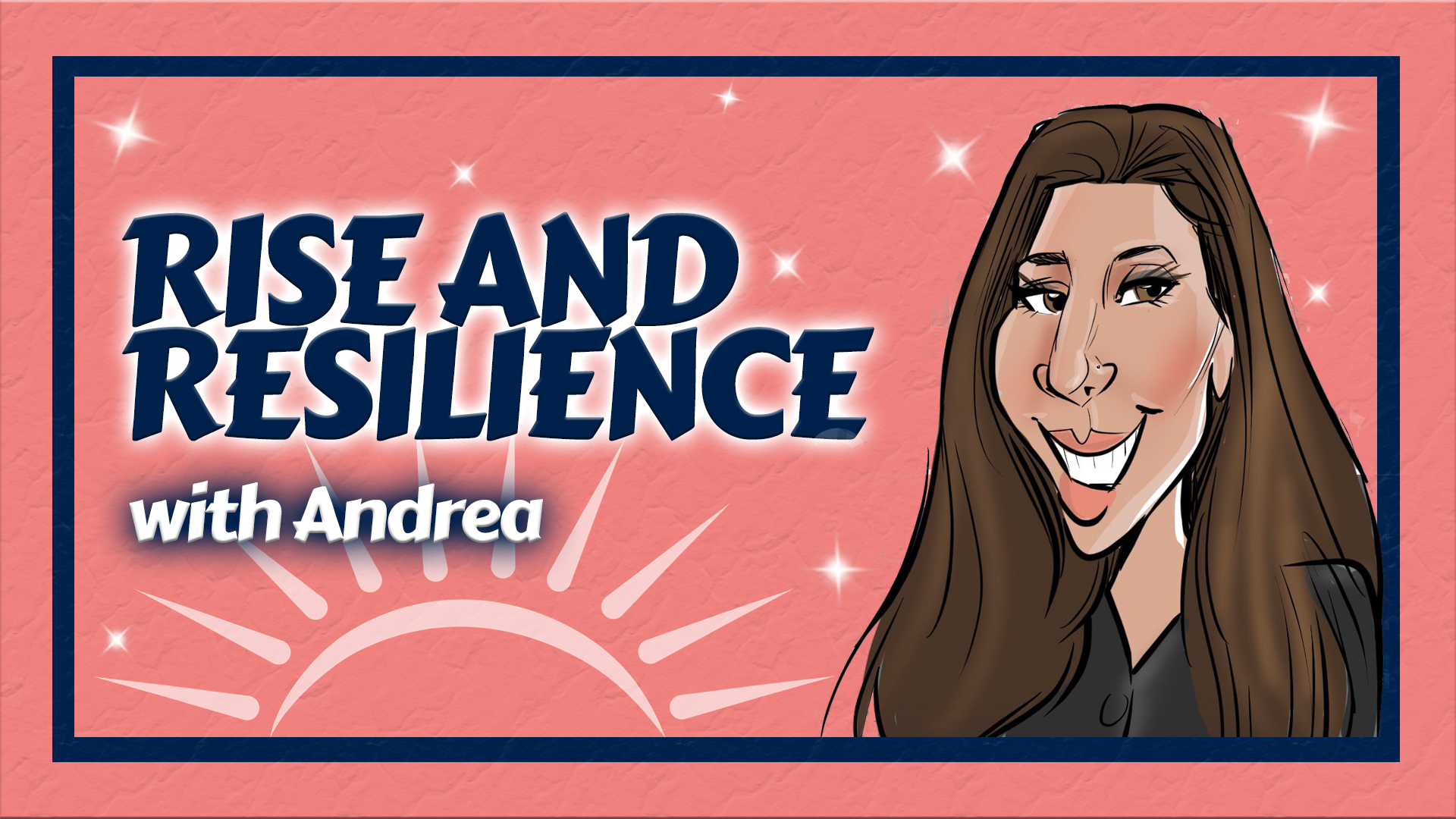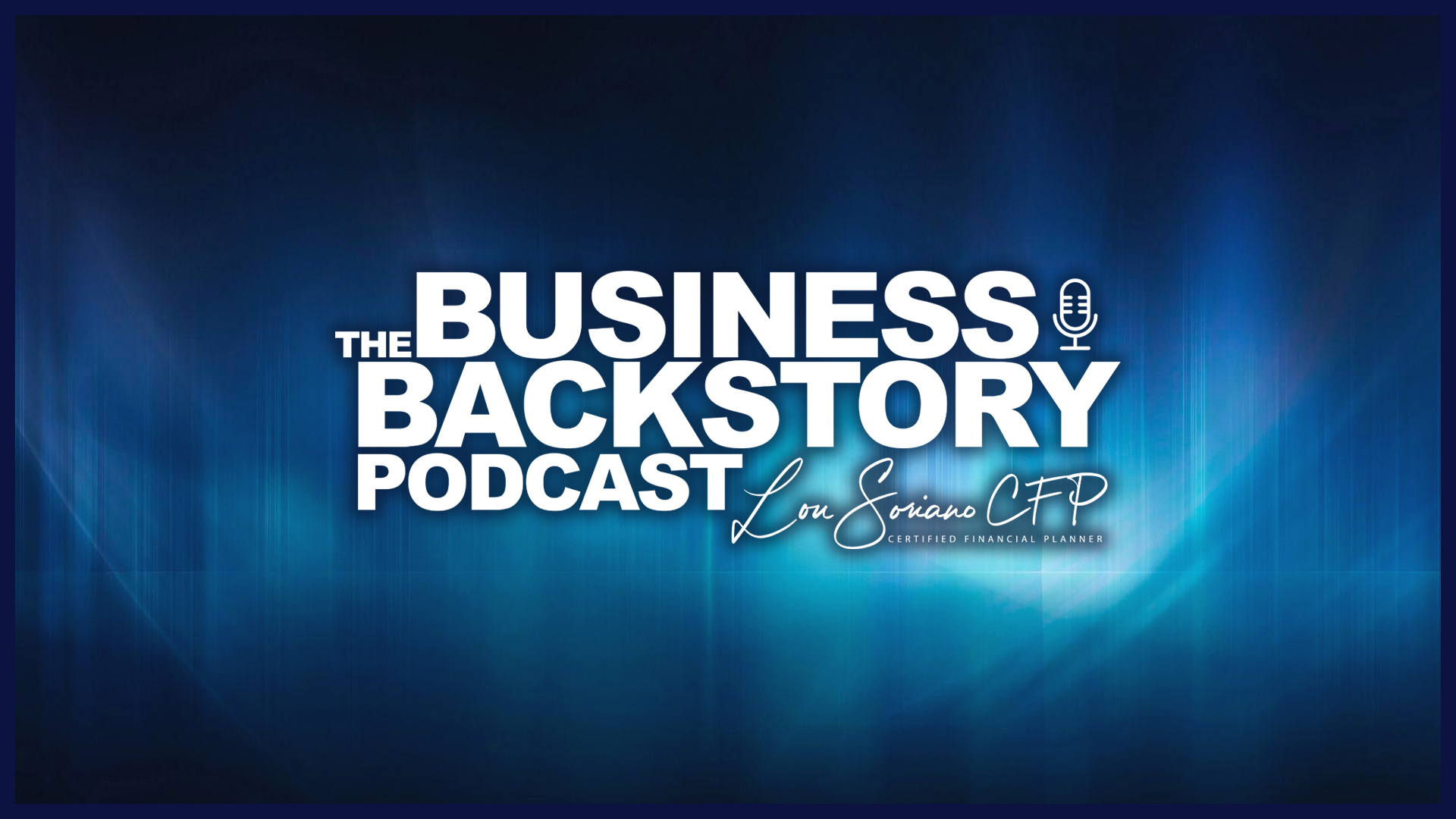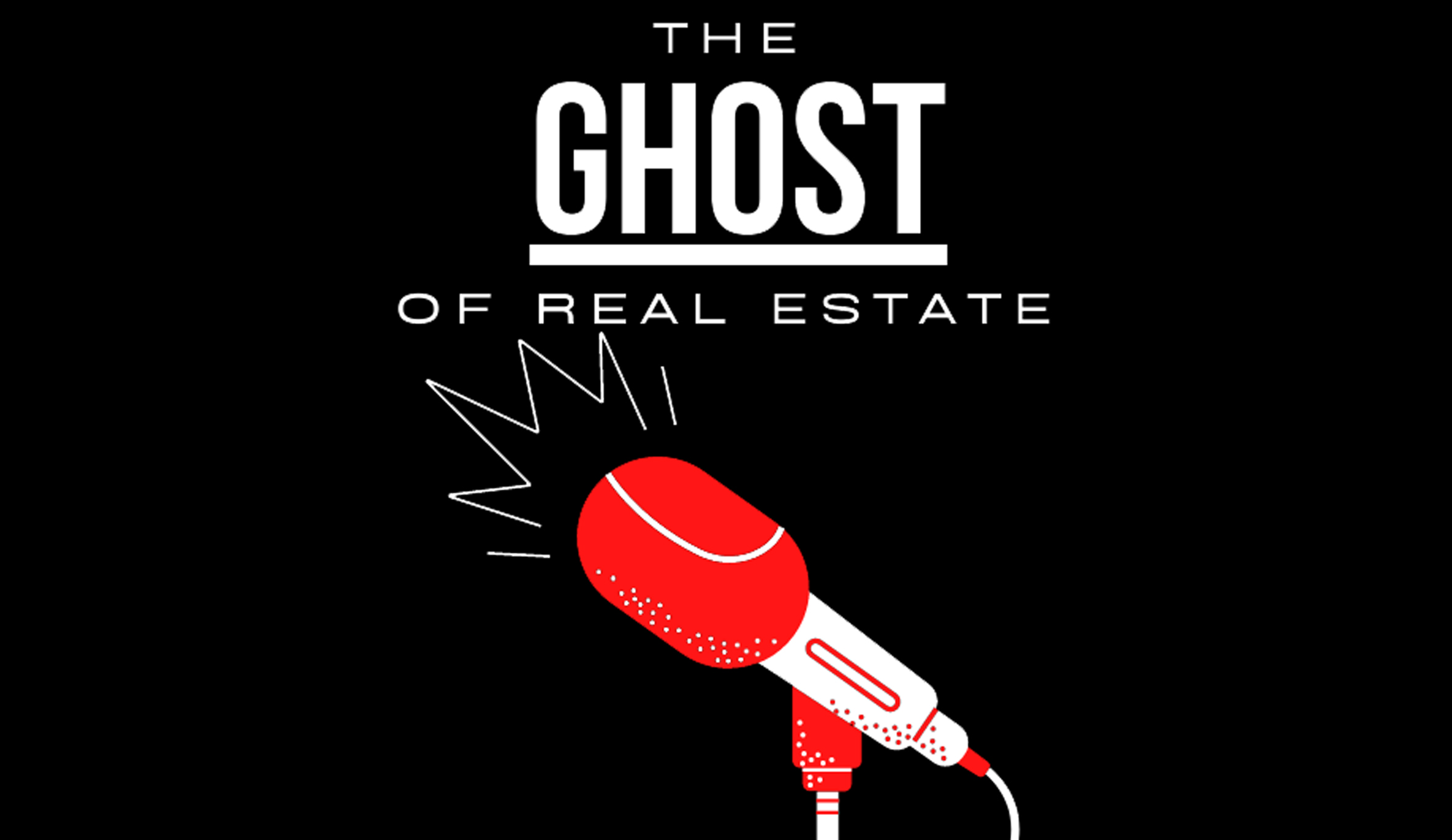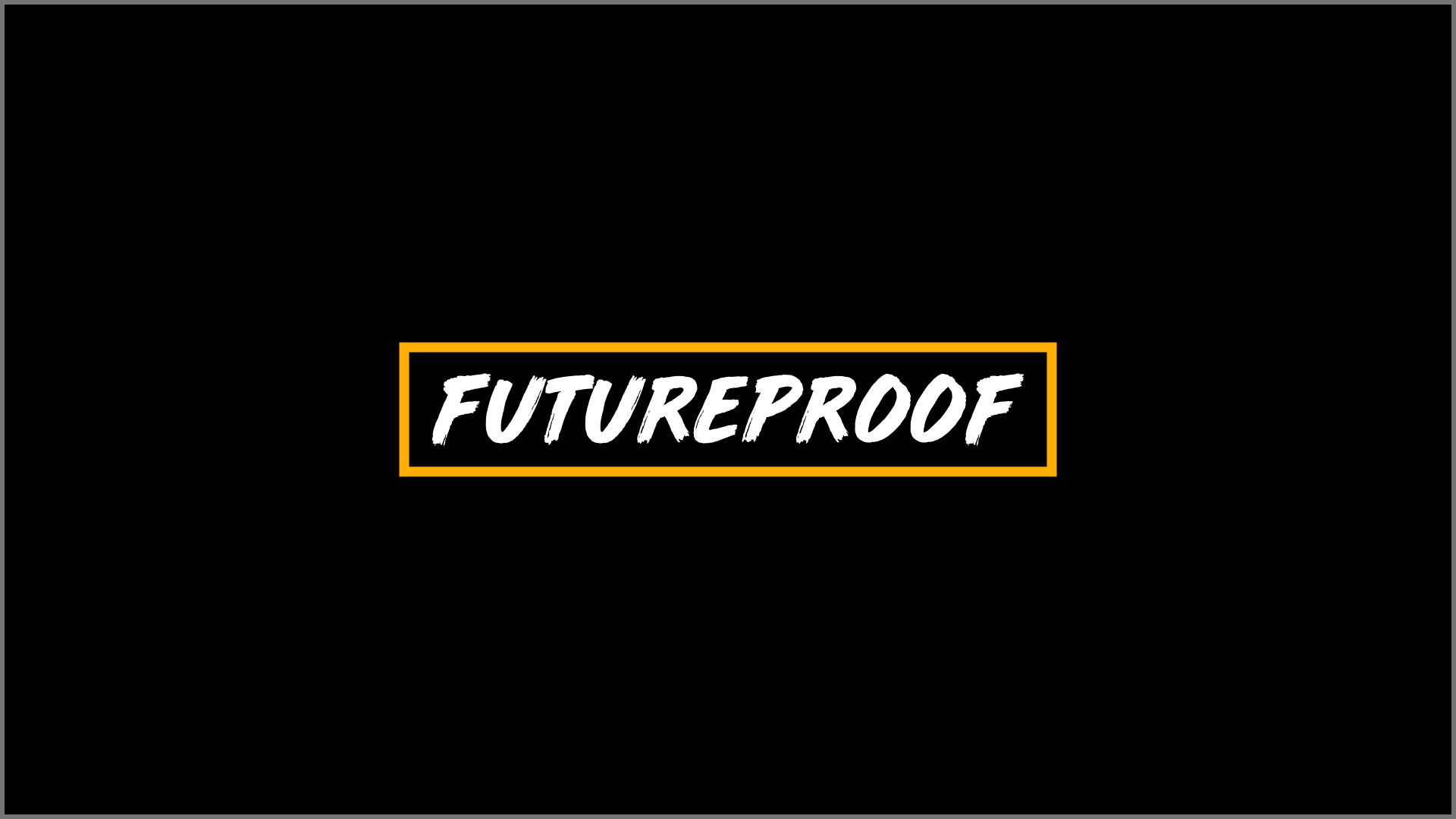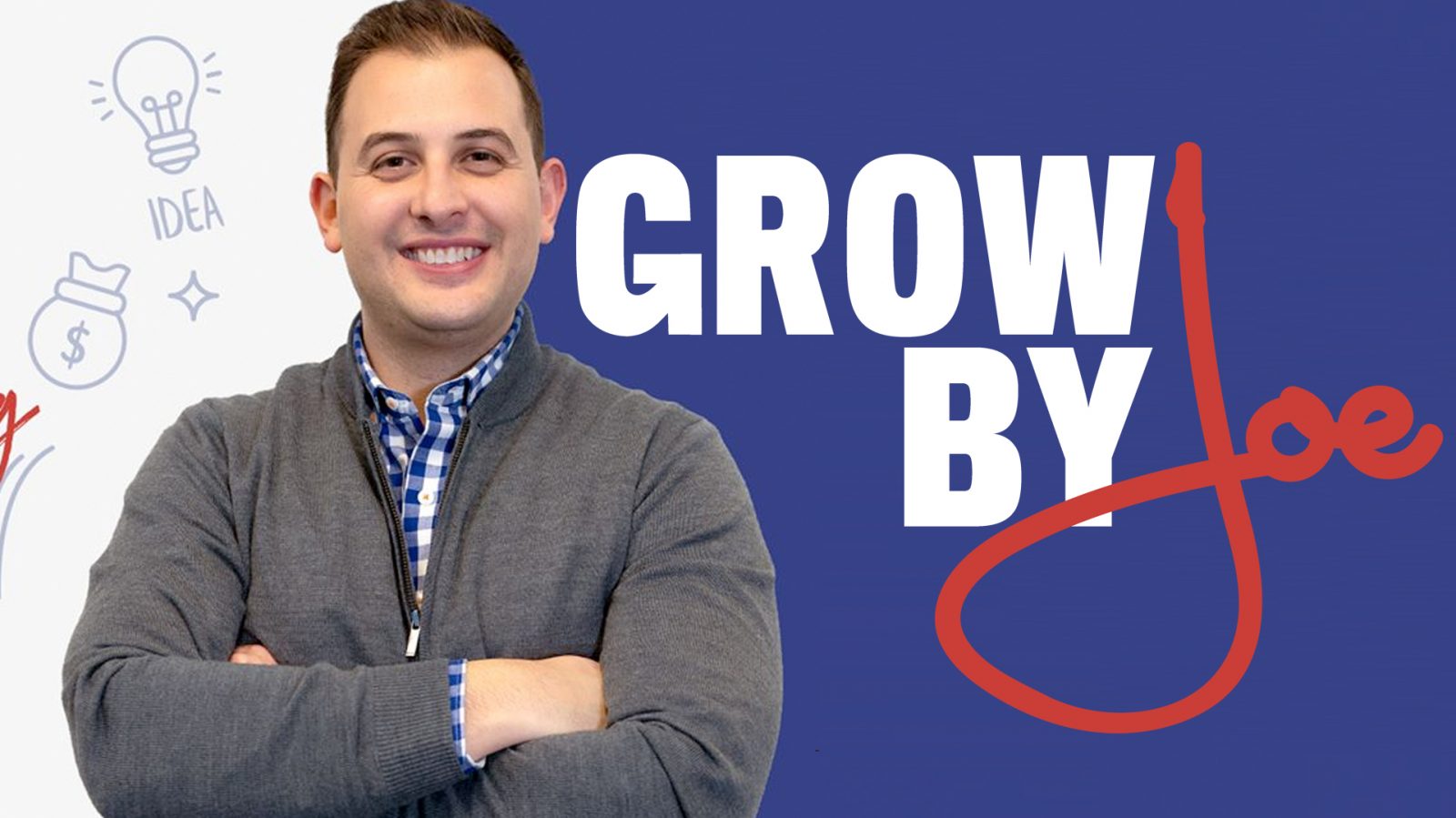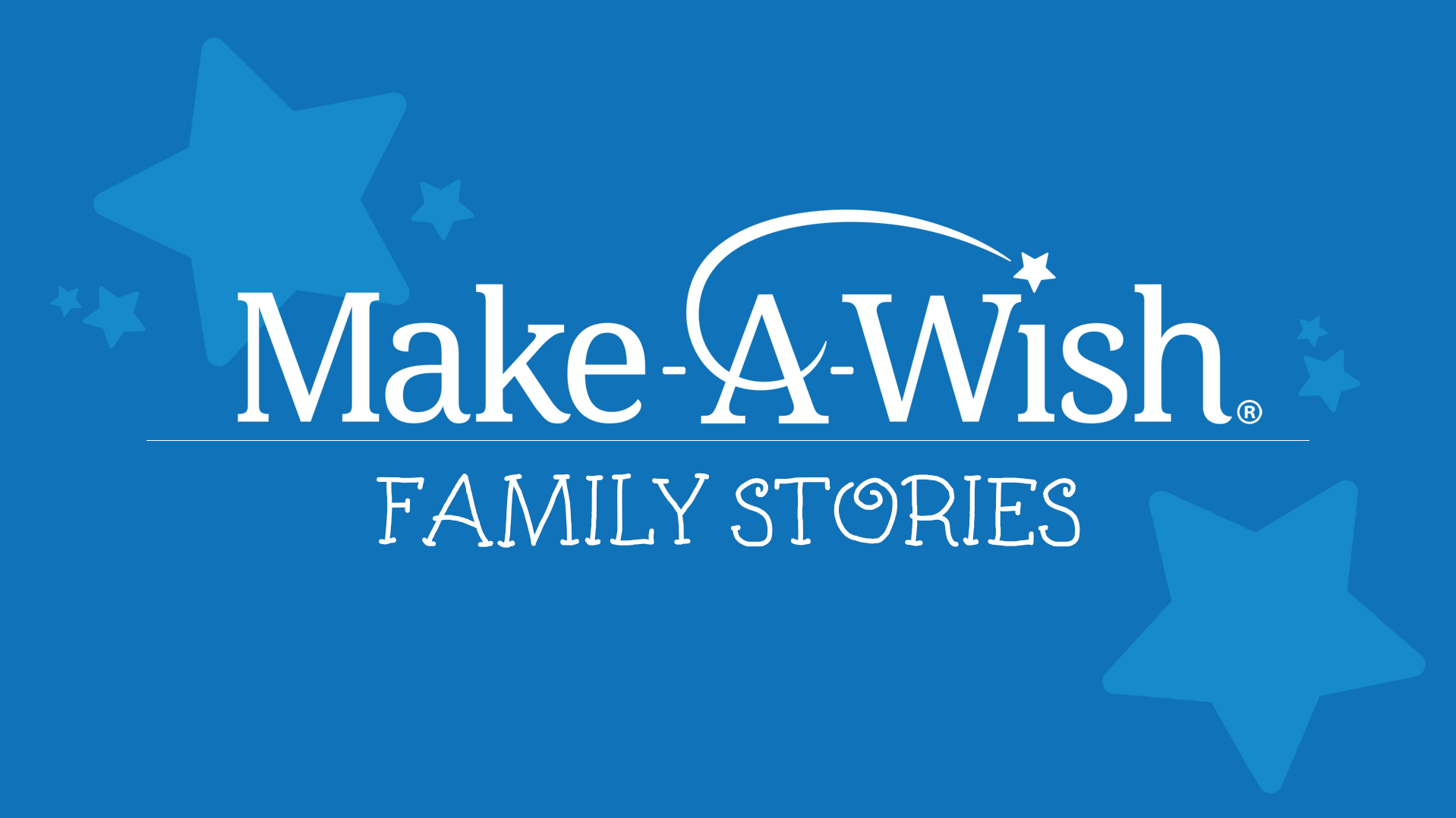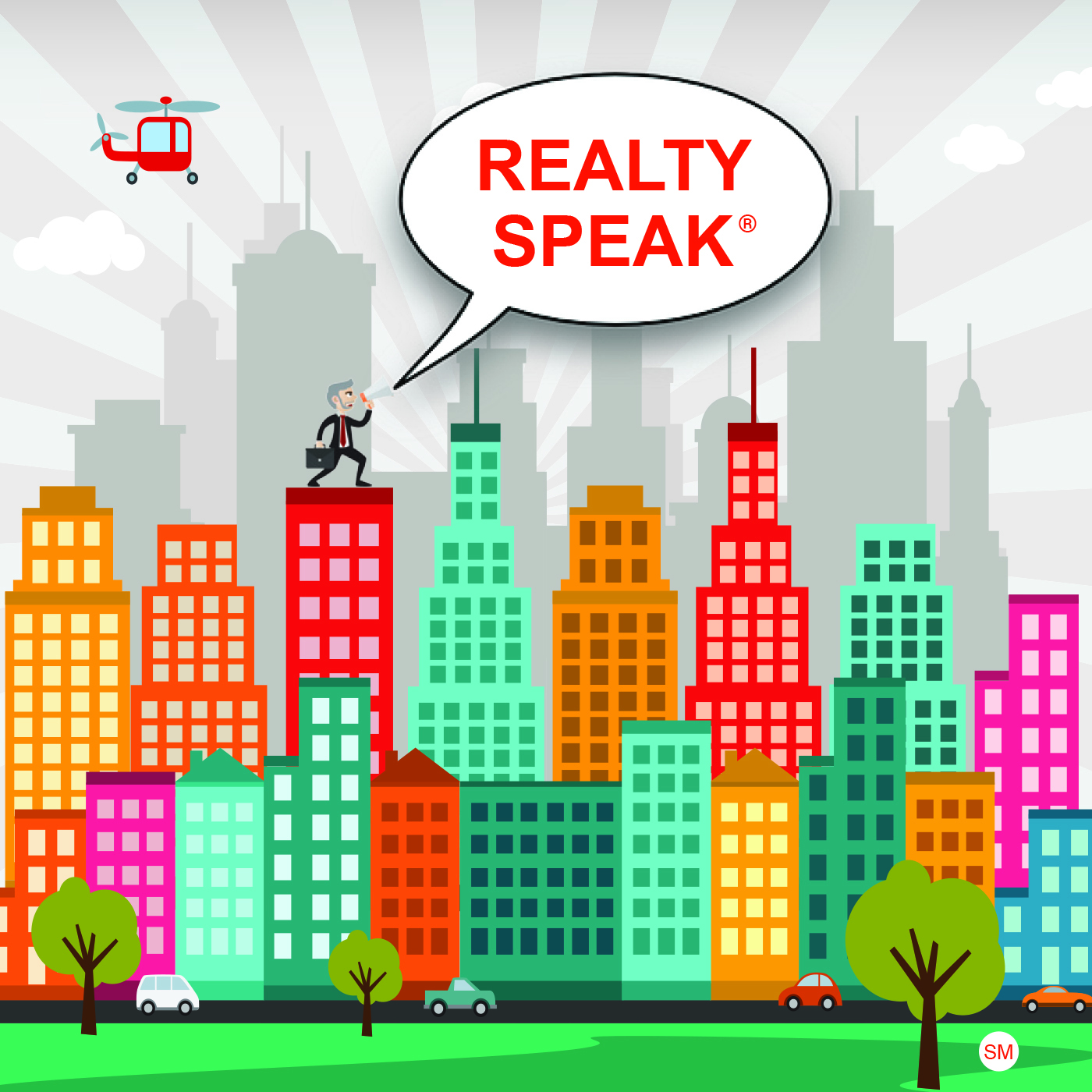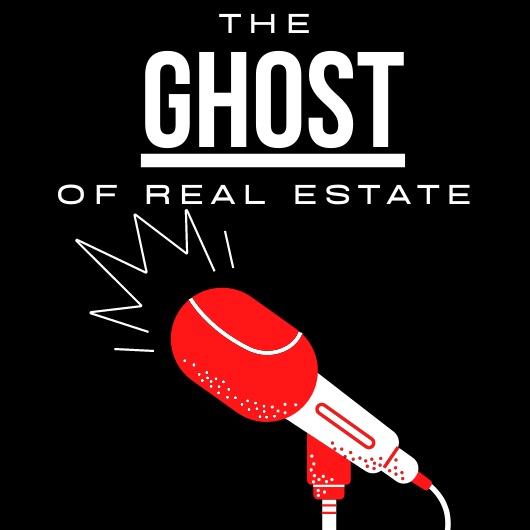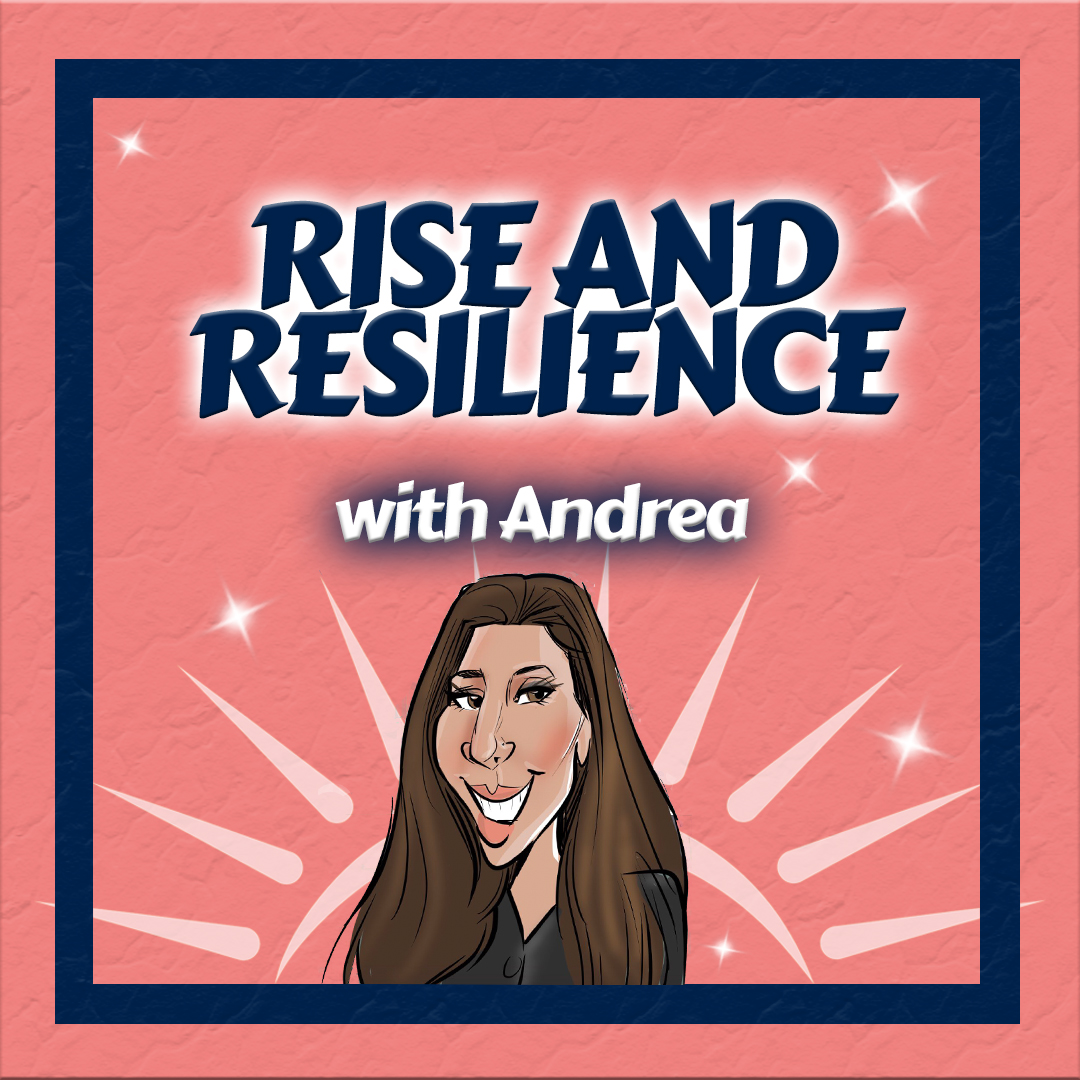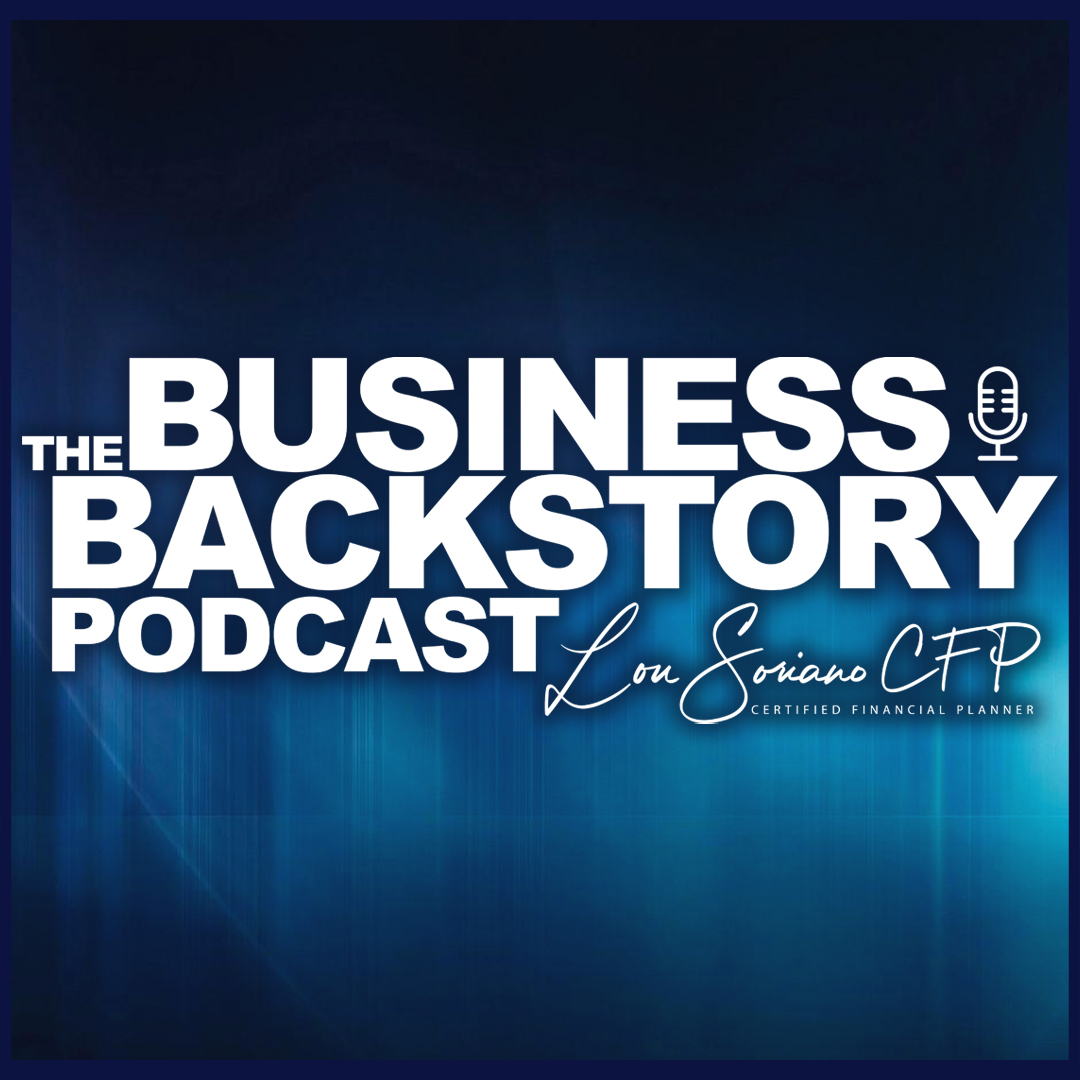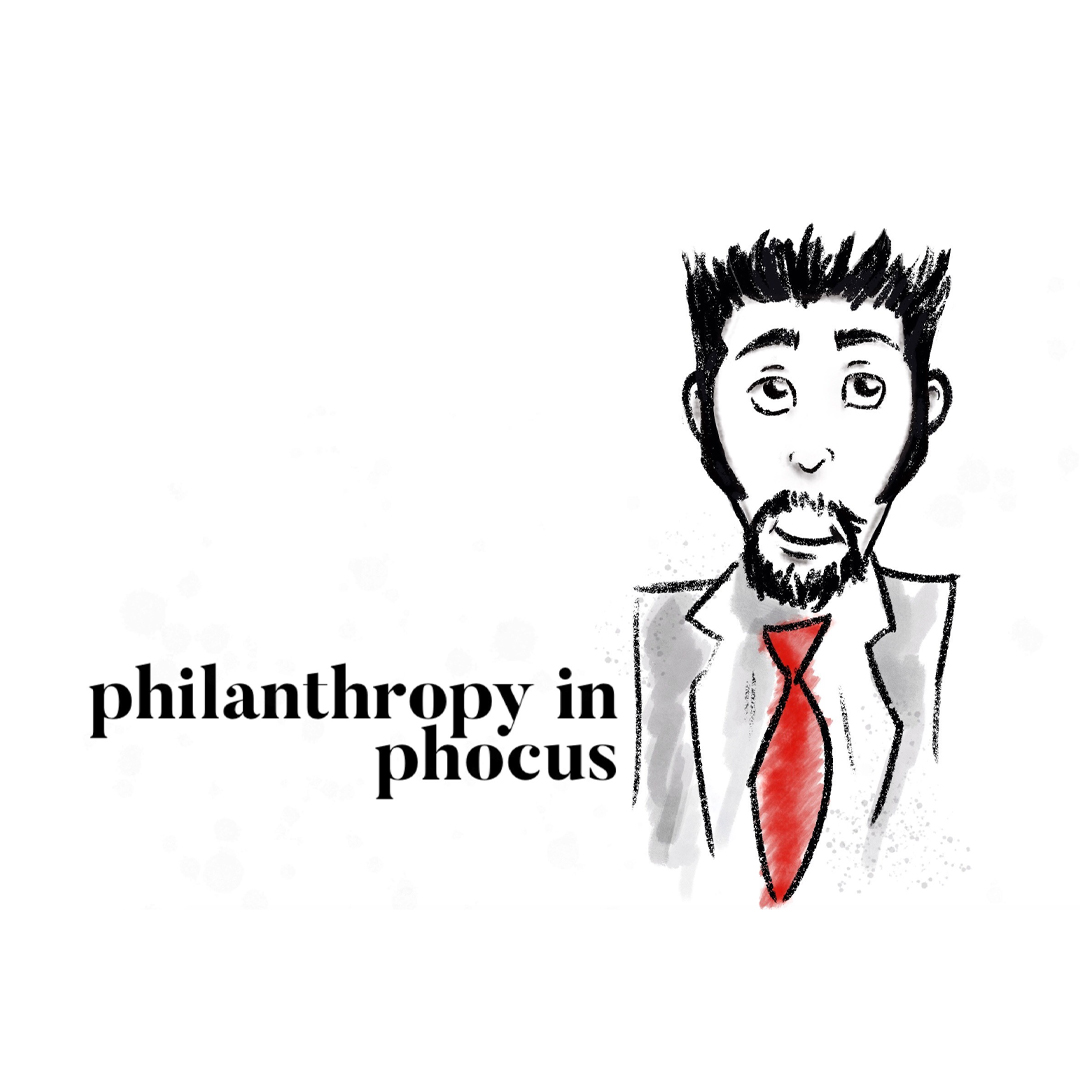
June 2020
5 Min Read
Book Titles: Their Role in Our Everyday Language
I recently came across a July 25, 2014 online article on the Mental Floss website titled “11 Movie Titles That Became Part of the Lexicon”. The gist of the story is to expand on the fact that “our language patterns are influenced by the movies we watch”. In fact, these titles can be so culturally pervasive, that they become part of our national vocabulary, regardless of whether or not the people quoting the titles have even seen the movies.
The concept of people using these titles in common conversations or writings and understanding the context and meaning without necessarily seeing the movies was interesting to me. Previously, I had had the same curiosity about book titles that carried similar gravitas and cultural weight. Since many, if not most famous movies are made from the books that preceded them, this reinforced my interest in this odd phenomenon, specifically relating to books.
For me, at least, this also begged the question: if we’re going to reference a book title to illustrate a given point, either in writing or conversation, do we have some literary, cultural or even intellectual obligation to have actually read the book? Well, I suppose not, but – as for me – I know I feel uncomfortable making references to books without actually having read them, even if the reference is a cheeky, non-literal one. But, using these titles does seem to presuppose a knowledge of the subject matter, does it not? To me, using references without knowing the actual specifics of the reference by reading the books seems a bit inauthentic.
If you begin to consider it, you come across many novel titles, particularly those of the classic variety that have that sort of mainstream cultural vernacular recognition. And these titles are often hijacked and used metaphorically to suit the author’s intent, regardless of how far removed the subject matter is from the actual book. Sports, in particular is a ubiquitous source for coopting “serious” book titles, usually as a play on words.
For example, whenever reading a baseball story specifically about a lack of pitching depth in some given situation, I have lost track of how many times I’ve seen the author work a quasi-droll pun into the headline about “A Farewell to Arms”. While a baseball story itself obviously has no connection to the Hemmingway novel, just the title alone has so much traction and familiarity that it can be easily co-opted for some other totally unrelated purpose. Another baseball related one involves a former pitcher in the 70’s and 80’s named John Montefusco. At some point, the nickname, “The Count” was bestowed upon him, likely by a creative reporter … another pun, this time referencing his names’ similarity to the title “The Count of Monte Cristo” by Dumas.
So, is it somehow incumbent on these particular sports reporters to have actually read the books whose titles they’re borrowing, despite the fact that there is no literal connection to their own work? To me, at least, there is. Given that the latter-day authors are in fact professional writers and, as part of their education have likely been exposed to a wide variety of literature, I believe that they have a professional obligation to have some knowledge of all they reference in their work. But, what about the non-professionals? What about the average person quoting titles just to make a point? Do we too have an obligation to know what we’re talking about (or referencing)?
Besides sports, how many times have we heard someone compare and contrast two disparate things and start out by declaring that: “this is A Tale of Two” (somethings) in borrowing the Dickens title, A Tale of Two Cities? Anytime I hear or read that cliched reference, I always wonder if the author or speaker actually read that book and if they know which two cities he was referring to as well as when and why. How often are three close companions referred to as “The Three Musketeers” ? This is just another example the title being seared into our cultural consciousness and not really needing to have read the book to get the gist of the meaning.
One of the more amusing book references I’ve ever heard involved Victoria Gotti, daughter of alleged mob boss, John Gotti. Known for her fierce loyalty to her father, when asked about him by a crowd of reporters, she exclaimed “They don’t make men like him anymore,” and added: he’s “The Last of the Mohicans”. Since Ms. Gotti is an acclaimed author herself, my guess is she probably had read the James Fenimore Cooper classic and was acquainted with the full meaning of the reference.
Next, as an architect, I can tell you that, if there is one design element you or I are likely to see over and over again in buildings, particularly residential ones, it is the gable. Due to its comforting historical familiarity and recognition, the gable is a ubiquitous design element, often repeated multiple times in the same structure. Unfortunately, almost any time a multi-gabled structure is referenced, the author often cannot resist falling back on the not so witty reference to “The House of the Seven (or however many) Gables” by Hawthorne.
Any time we’re faced with an inescapable paradox, an illogical situation, or a problem in which the solution is denied by the problem itself, the term “Catch-22” has become an absolute staple in, at least American lexicon. The term is so ingrained that it’s a wonder that the Joseph Heller book was only published in 1961.
In the dystopian classic 1984, it is not so much the title, but a term and a line coined in the book that continually resonates culturally. Regardless of whether or not people have read this classic, the term “Big Brother”, or the phrase “Big Brother is Watching” are almost universally recognizable as intrusive and unwanted oversight or monitoring of actions by others, particularly by authoritarian figures.
Hemingway titles are a favorite of pun-chasing authors and whenever mentioning either occasional solar events or the ascension of some famous person’s male offspring, one of the fallback cliché-ridden article titles invariably involve something about how “The Sun (Son) Also Rises”.
If someone is looking to express a state of emotional detachment, or dependency, an inability to face reality and the use of ill-advised substances to cope, they might say that a given situation is very “Valley of the Dolls” in a nod to the salacious and popular Jacqueline Susann 60’s potboiler.
If someone is looking to express the fleeting mood or pregnant pause before some anticipated time of great actions or activities, they might indulge in the descriptive, if a bit pretentious term by saying or writing that – for the moment – its “All Quiet on the Western Front” … that is, regardless of which way they are actually facing.
Some other notable titles with high cultural recognition that are often taken and used out of context to illustrate points include: “Crime and Punishment”, “For Whom the Bell Tolls”, “War and Peace”, “The Sound and the Fury”, “The Hunchback of Notre-Dame”, “The Invisible Man”, “They Shoot Horses, Don’t They?”, “The Razor’s Edge”, “The Age of Innocence”, “To Have and Have Not”, etc. Man, Hemingway really wrote a lot of catchy titles, didn’t he?
Again, any time I hear someone using these illustrious titles that have become part of our lexicon to illustrate a point, especially when it’s only a silly play on words that is totally unrelated to the actual book, my knee jerk reaction is curiosity as to whether or not they’ve actually read the book in question. While I would never actually question someone about that for fear of possibly embarrassing them, I can’t help but feel that, in order to quote these titles, we have some kind of aesthetic obligation of integrity (wow, talk about pretentious) to actually have read these books.




















